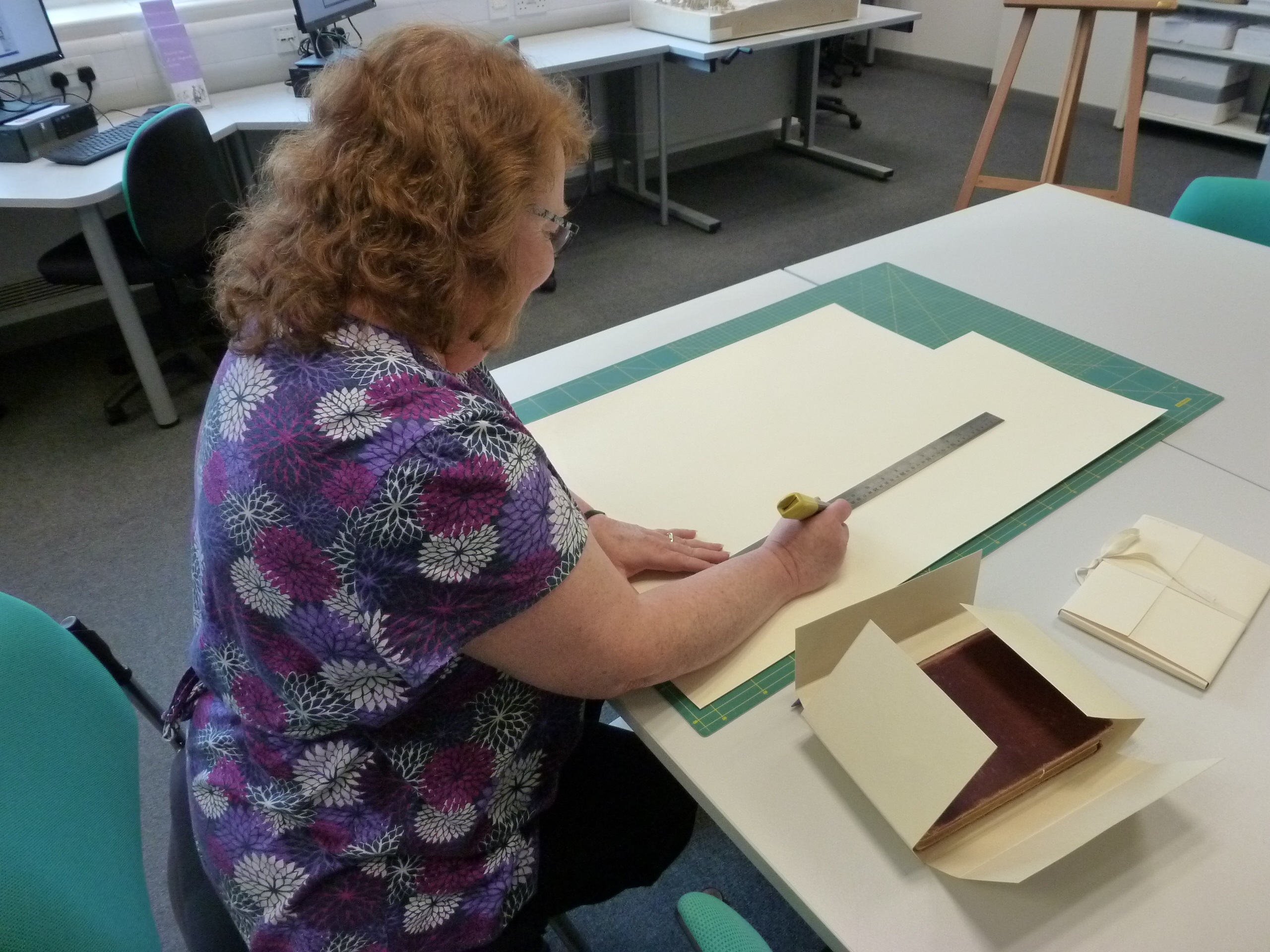In 2016 Archives and Special Collections were approached by our colleagues at the International Care Ethics Observatory regarding a set of early 20th century nursing ethics books. Intrigued, we asked for further information. The result is the Nursing Ethics Heritage Collection, the catalogue for which was formally launched at the Fulbright Scholar talk here at the University in July.
The collection owes its existence to Professor Marsha Fowler. During her research, she found that many of the older books relating to nursing ethics were difficult to obtain from libraries. As a result, she started to amass her own personal copies and it is these books which form the heart of this collection. These texts are the reconstruction of the body of knowledge on nursing ethics which was available to American student nurses training in hospitals between 1860s and 1965. In America, nursing training moved into higher education institutions in the 1960s and so these libraries were no longer needed by the hospitals and the books dispersed. She has termed this the nursing ethics heritage period.
After 1965, there was a new phase in thinking on ethics in nursing, nursing bioethics. And so, thanks to Professor Fowler’s work in identifying these volumes and approaching the authors, we also hold over 200 books, periodicals and articles relating to study in this area.
Finally, in order to provide context to the nursing ethics and bioethics books, we hold a carefully curated selection of publications which cover the history of nursing and early nursing text books through to works on women’s issues, religion and health.
For the researcher, the collection offers a range of potential subjects, from the development of nursing, through to the rise of the professions, women in the workplace and changes in medical ethics. So broad is its reach, in fact, that our first researchers were from our English department.
From an archivist’s point of view, this is an exciting collection to manage as we have been able to work closely with Professor Fowler. This has allowed us to understand the reasons behind collecting and shape these into the catalogue we have published. We have had the pleasure of participating in the development of this collection, starting from the texts belonging to the nursing ethics heritage period which were first discussed with us into a much broader set of material which takes us to the present day in this field of study.
We are looking forward to welcoming many more researchers to work on this collection and are keen to see where their research takes them amid the myriad opportunities this material holds.

